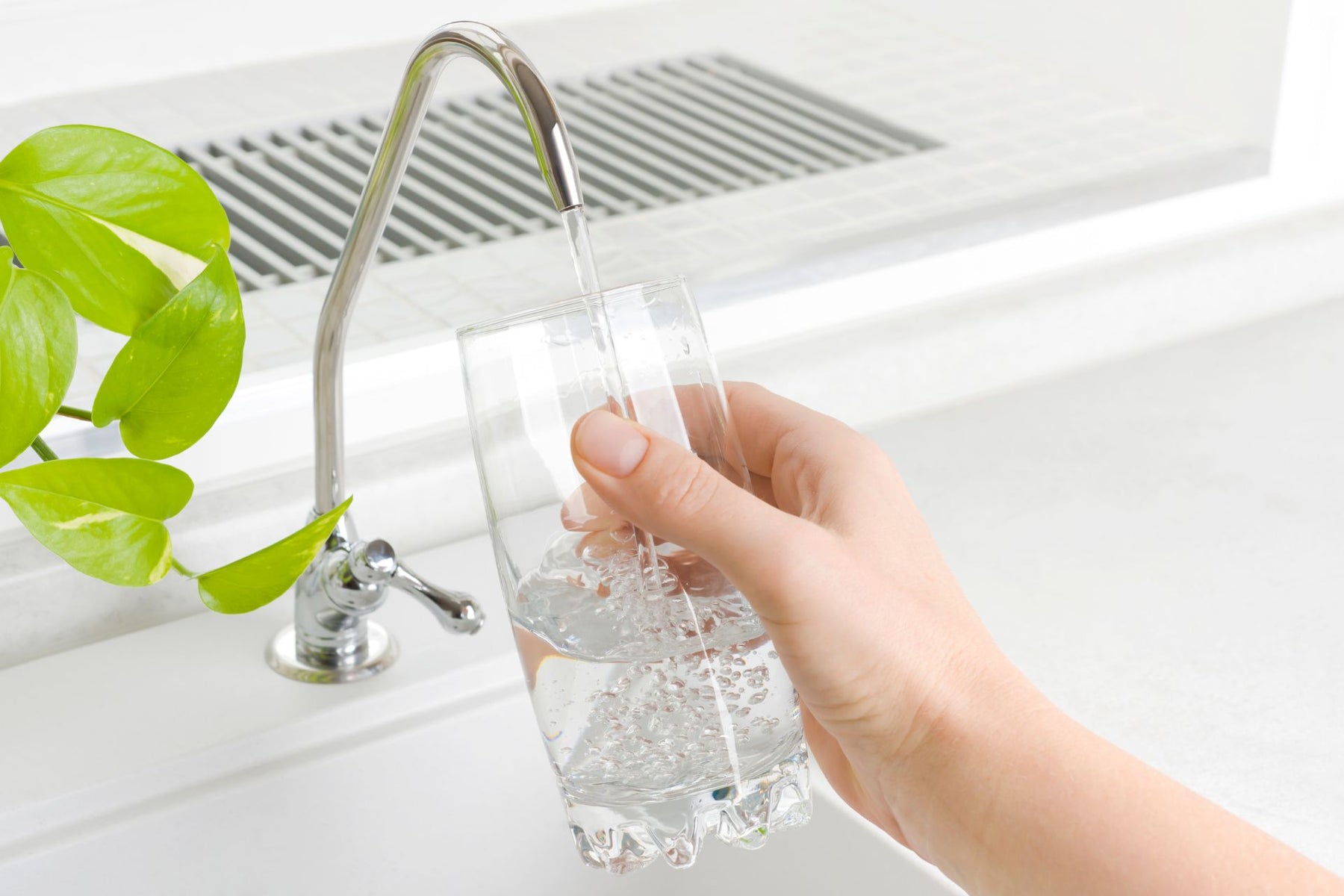
How to Choose a Home Water Filtration System
How clean is our drinking water? Often it is not as clean as we would like, which is why investing in a water filtration system is a great idea to avoid adverse consequences.
Knowing how to choose a water filtration system is easier said than done, however. There are several different types available, all of which have their pros and cons that need to be considered according to your preferences and home water situation.
In this blog, we’ll be breaking them down to help you make an informed decision!
Why Your Home Needs Water Treatment Systems
While the Environment Protection Agency (EPA) ensures the standards for potable water supply based on the Clean Water Act are always met, adding an extra layer of protection never hurts when it comes to drinking water quality.
Before reaching your faucet, water often passes through dirt, chemicals, toxic microorganisms, and other contaminants. In addition to altering your water's taste and smell, these factors can pose a health risk to you and your family.
Filters also prevent mineral deposits or other buildup in your pipes. Many of them have a sediment filter, which traps calcium and hard water buildup within your plumbing pipes and appliances to lessen the likelihood of plumbing issues in the future.
4 Common Types of Water Filtration Systems
Before you can choose a model, you should first learn which kind of contaminants are most likely to be in your water supply. Your community water supplier’s Consumer Confidence Report (CCR) is one avenue to get this information.
Now, let’s make learning how to choose a home water filtration system easier by evaluating the pros and cons of the most common options:
1. Under-Sink Filters
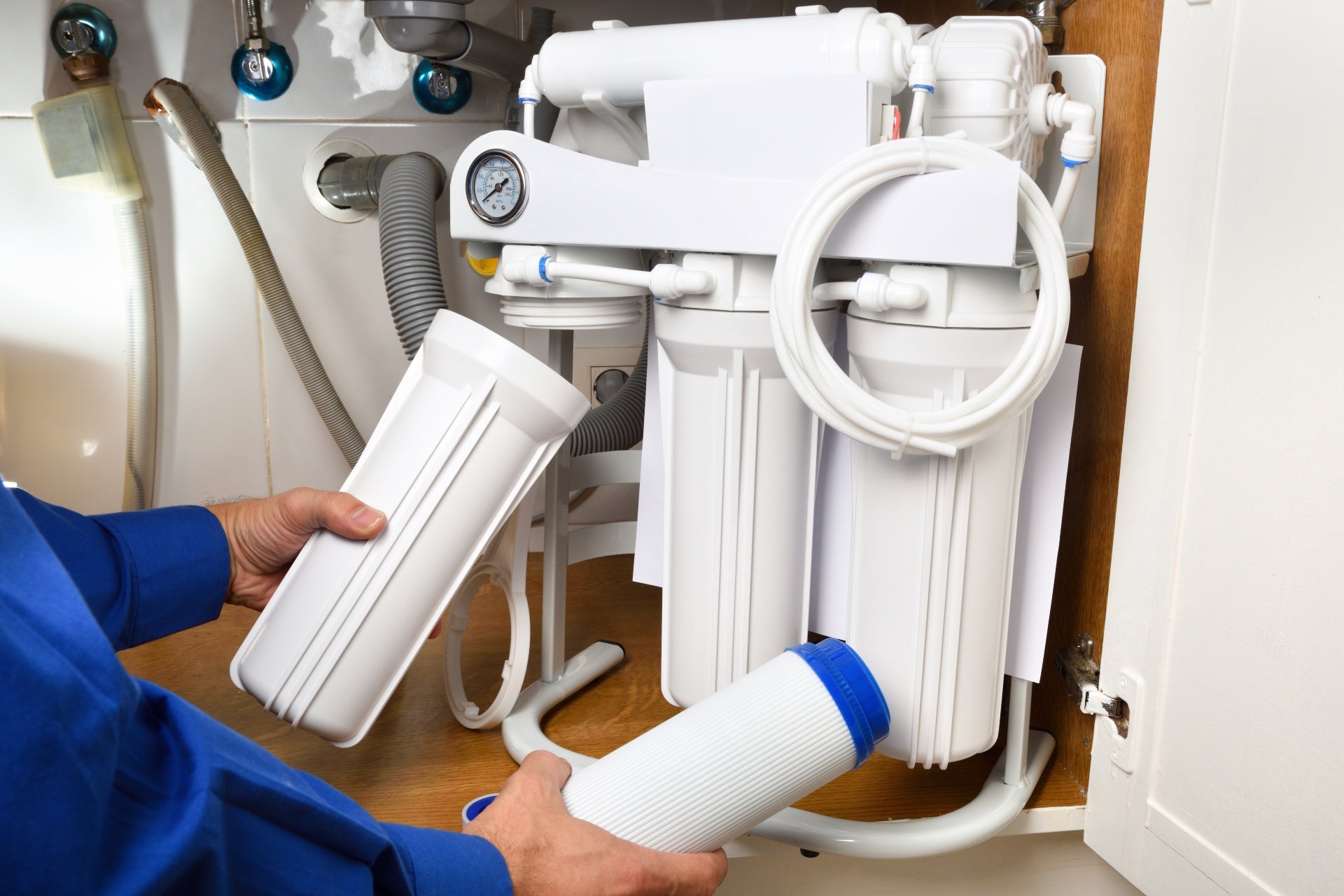
Image source: Shutterstock
Installed under your sink, these purify water through reverse osmosis before sending it to the faucet. They’re ideal if your CCR comes back with a wide range of contaminants.
This is because a reverse osmosis water filter system can effectively remove 99% of water contaminants such as lead, chlorine, and asbestos. Moreover, it has little effect on the water’s natural pH balance and produces a better taste. However, you may need to modify some of your plumbing systems to accommodate this filter type.
| Pros | Cons |
|---|---|
|
✅ High filter capacity ✅ Improves water taste ✅ Filters most contaminants (chlorine, arsenic, PFAS, etc.) |
❌ Expensive ❌ Requires professional installation |
2. UV Water Purifying Units
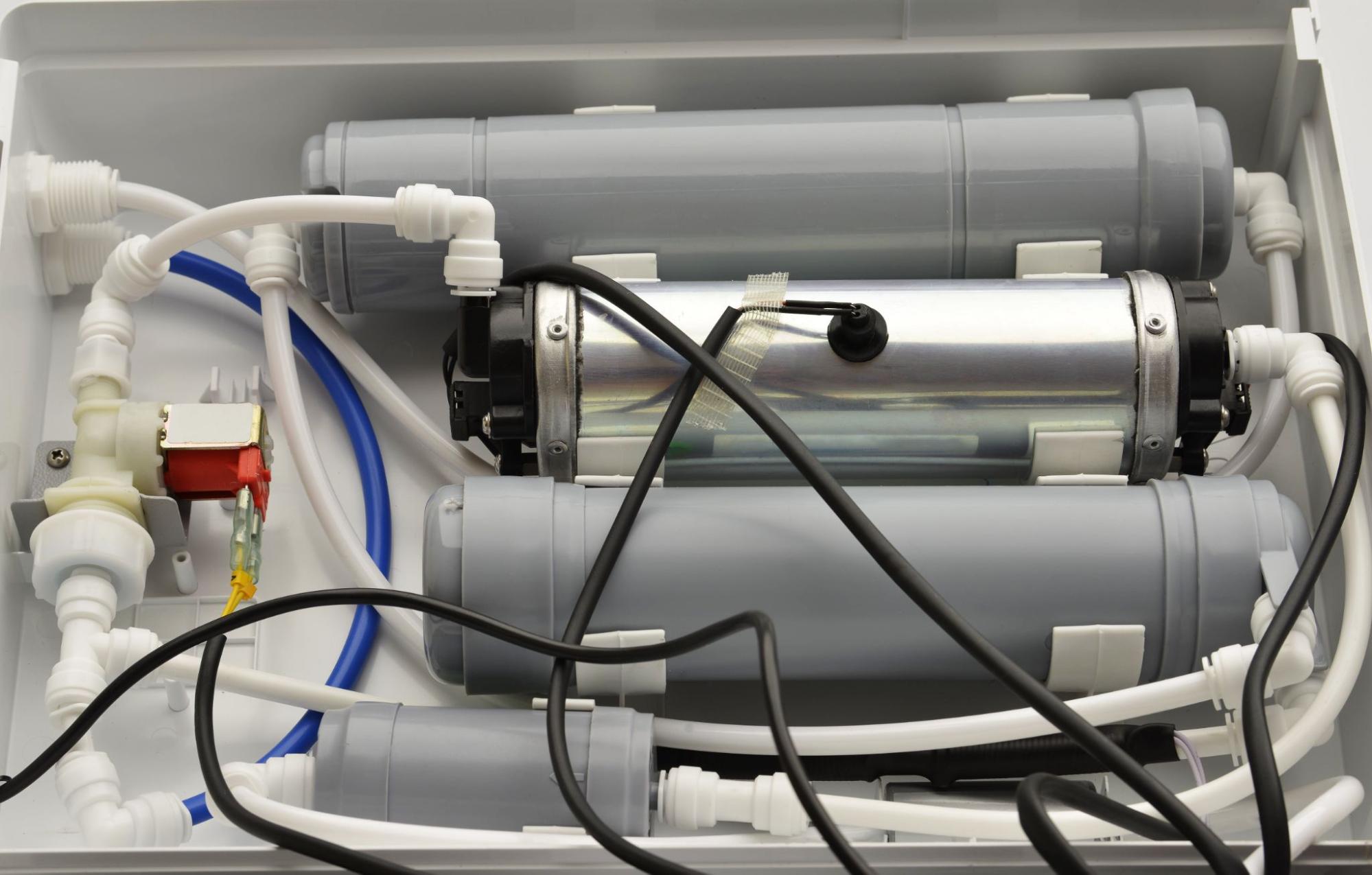
Image source: Shutterstock
A UV water purifying unit is a kind of home water filtration system that eliminates almost all traces of living organisms in drinking water.
These work by purifying water using an ultraviolet lamp, eliminating its toxic contaminants. However, they don’t filter physical impurities and require a separate carbon filter to remove volatile organic compounds (VOCs) and sediments.
| Pros | Cons |
|---|---|
| ✅ Eliminates bacteria and viruses ✅ Guarantees safe-to-drink water ✅ UV lamps only require annual replacement |
❌ Doesn’t improve taste ❌ Requires separate carbon filter to remove particles and sediments |
3. Whole House Filtration Systems

Image source: Shutterstock
These systems treat water as it enters your home to purify your main water supply.
As such, they help remove volatile organic compounds and reduce the likelihood of hard water buildup in your plumbing systems. However, they may require more frequent professional maintenance given their complexity and scope.
| Pros | Cons |
|---|---|
| ✅ Purifies the entire water supply ✅ Eliminates contaminants, volatile organic compounds (VOCs) and ✅ Prevents hard water buildup |
❌ Requires professional installation and maintenance ❌ More costly |
4. Faucet-Mounted Filters
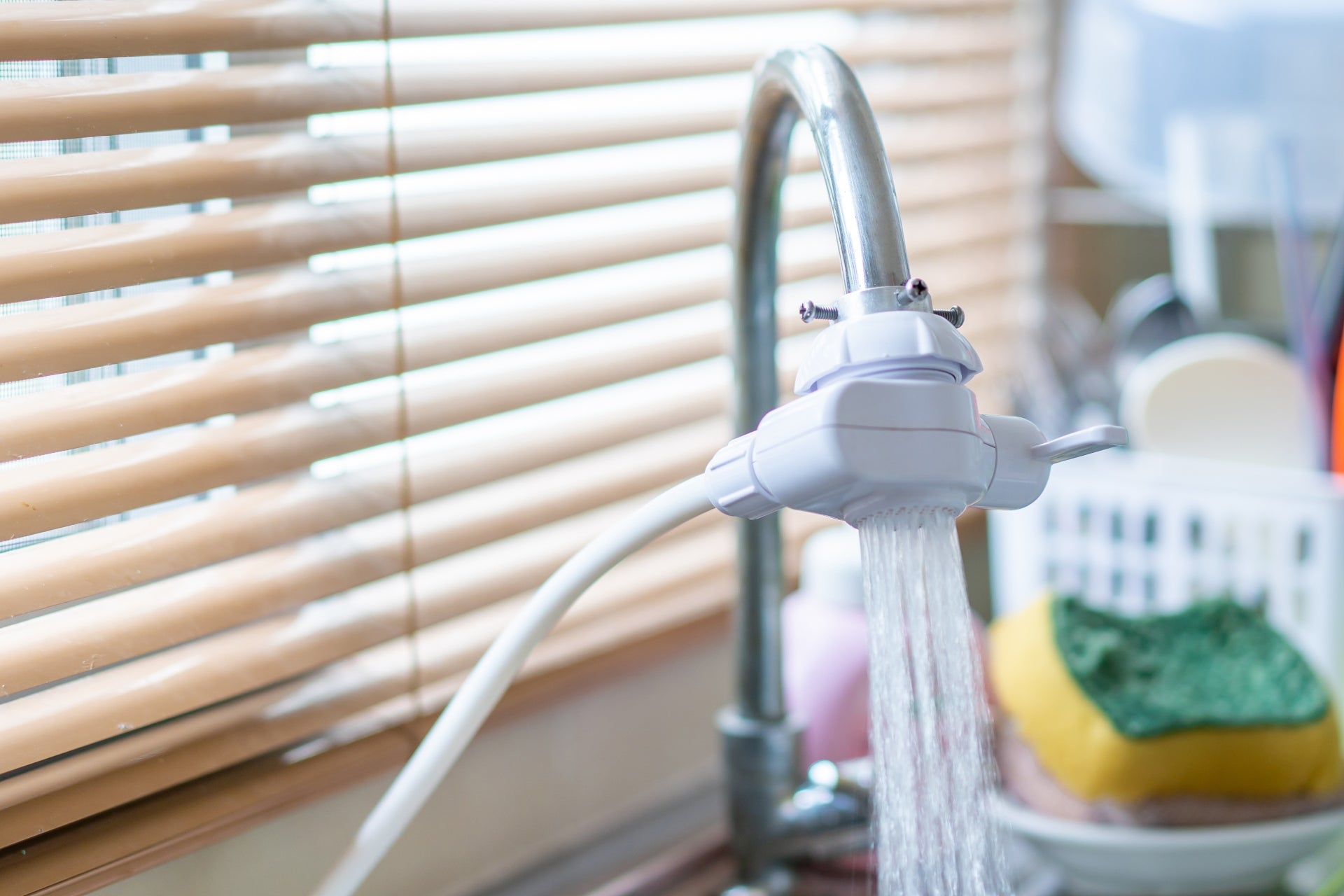
Image source: Shutterstock
Faucet-mounted water filters are attached to the spout and remove impurities using both a sediment trap and a carbon filter.
They typically have an on-and-off toggle to seamlessly switch between filtered and unfiltered water. While they’re great at reducing contaminants, they might not work on all faucet types and therefore aren’t an option for all homes.
| Pros | Cons |
|---|---|
|
✅ Improves the taste and smell of the water ✅ Effectively filters contaminants ✅ Cheap and easy to install |
❌ Not suitable for all faucet types ❌ Needs frequent cartridge replacement |
Shop Home Water Filtration Systems at NYDirect
Making sure your home has safe drinking water doesn’t have to be complicated. Today, thanks to the advancements in technology, you can choose a water filtration system that covers all of your needs—simply buy it from a reliable home equipment supplier, and install it yourself.
NYDirect is here to help. Our family-owned and operated business offers a simple, seamless, and stress-free way to get a perfect water filter for your home. We’ll ship whatever you buy quickly as well as affordably to your doorstep—direct is in our name, after all!
For more information or any unanswered questions about how to choose a water filtration system that meets your needs, contact us today!
Shop Popular Brands
America's Leading
Plumbing Supplies Retailer
Save big on plumbing essentials with
our wholesale prices!


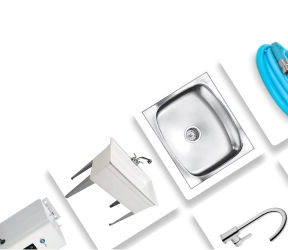
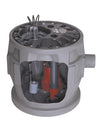

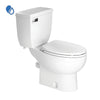

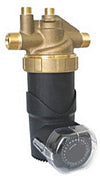

Leave a comment